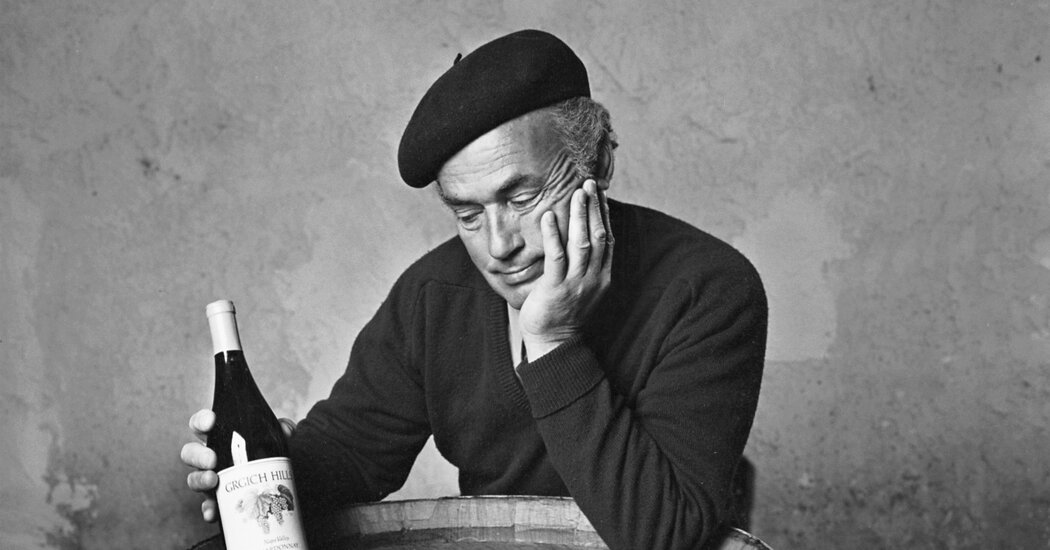
Mike Grgich, the winemaker at Chateau Montelena in Napa Valley, and his staff were taken aback on May 25, 1976, after they received a surprising telegram. It read in part, “STUNNING SUCCESS IN PARIS TASTING.”
What tasting? What success?
Without their knowledge, Montelena’s 1973 chardonnay had been entered in a blind tasting held in Paris the day before. The tasting pitted American wines against some of France’s most famous, hallowed bottles. Nine French judges, including some of the leading names in the French food and wine establishment, had selected the Montelena chardonnay as their top white.
This result was indeed shocking. American wines back then were considered simple and rustic at best, and no match for the majestic French wines. While the French judges shrank in embarrassed bewilderment, the Americans celebrated.
“Not bad for kids from the sticks,” said Jim Barrett, the owner of Montelena. But it was Mr. Grgich, who died on Wednesday at 100, who had made the wine.
Even with this unforeseen success, few expected the tasting to have lasting impact. Only one reporter, George M. Taber of Time magazine, was there. But he wrote an article that drew a flood of attention. Its ripples have been felt for decades.
For American wines, Montelena’s triumph provided instant credibility and a shot of confidence. For Mr. Grgich (pronounced GURR-gitch), a Croatian immigrant who had struggled for years to establish himself in Napa Valley, it permitted him to realize his dream of owning his own Napa winery. Grgich Hills Estate issued its first wines the next year and is still going strong today.



